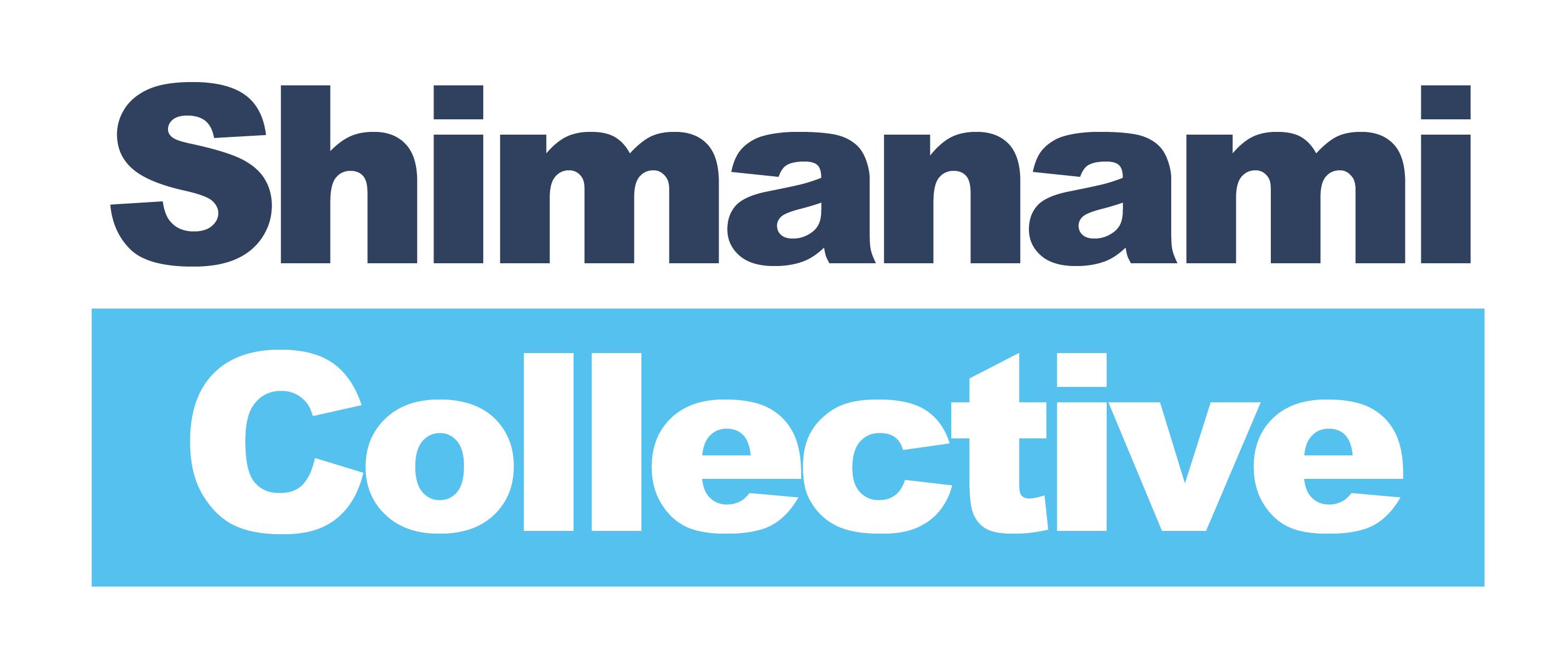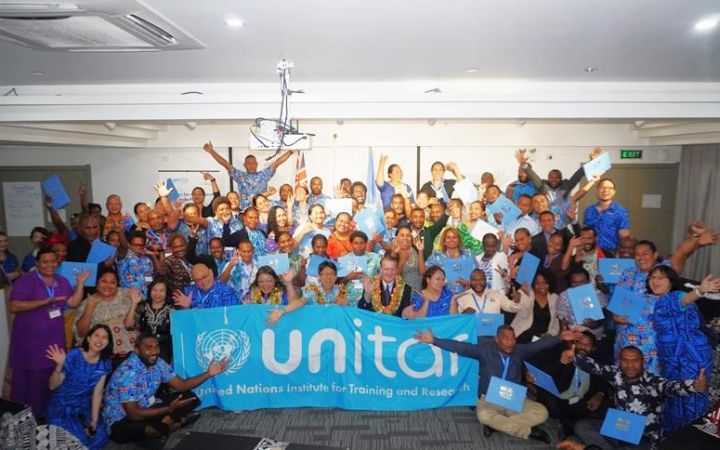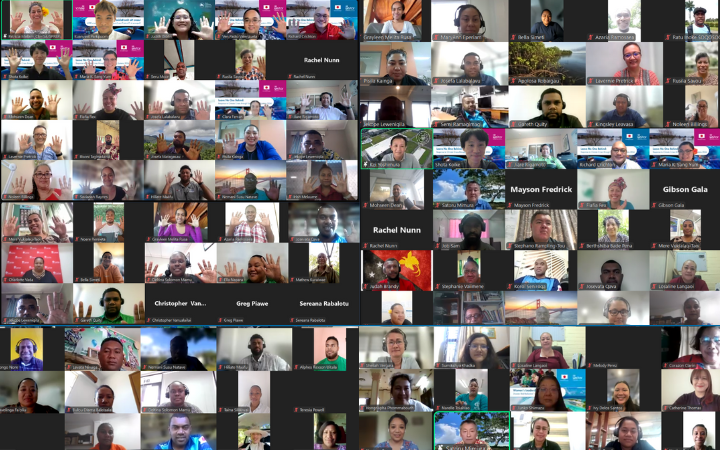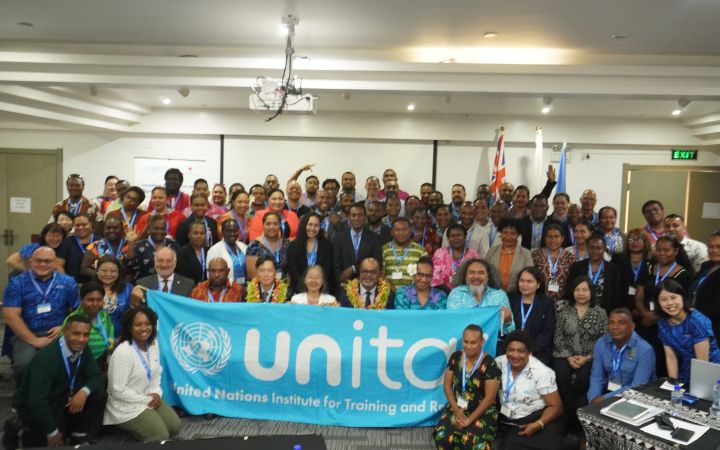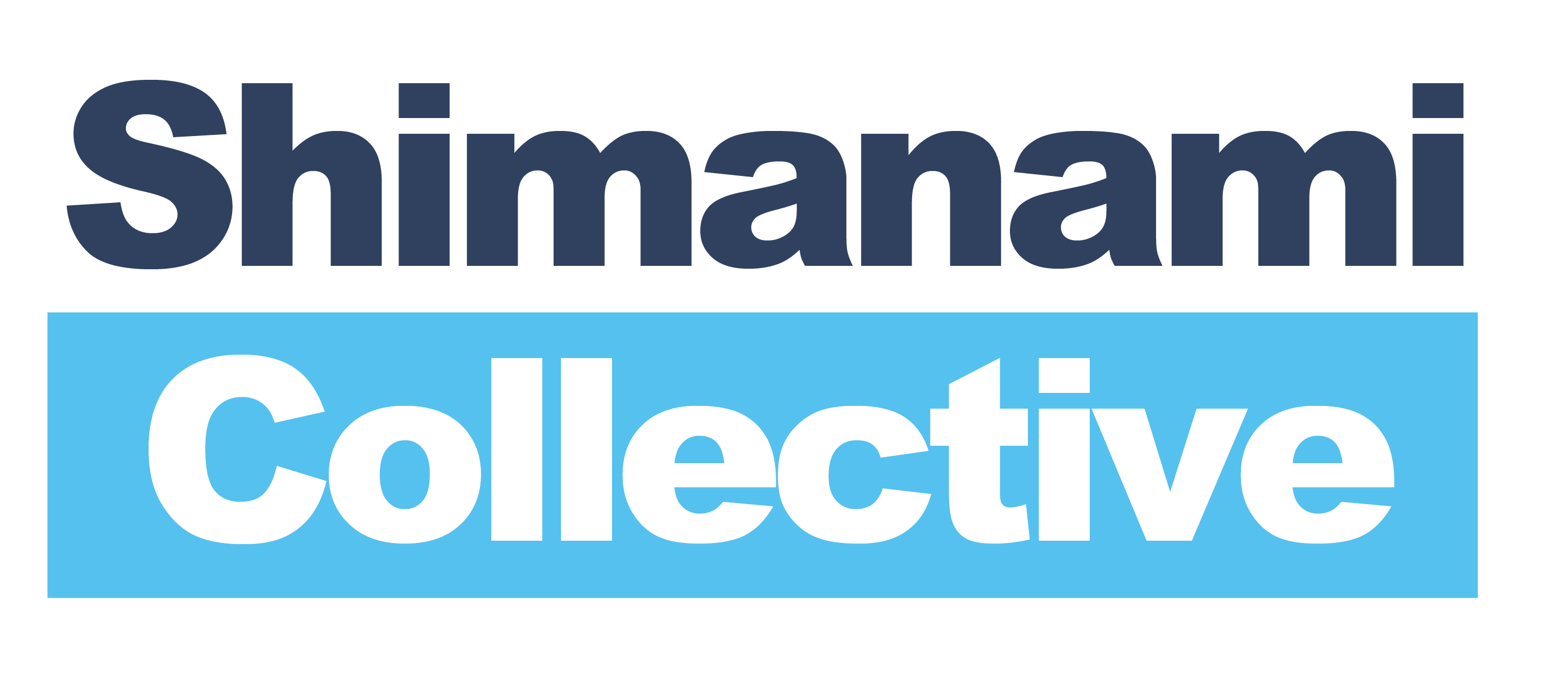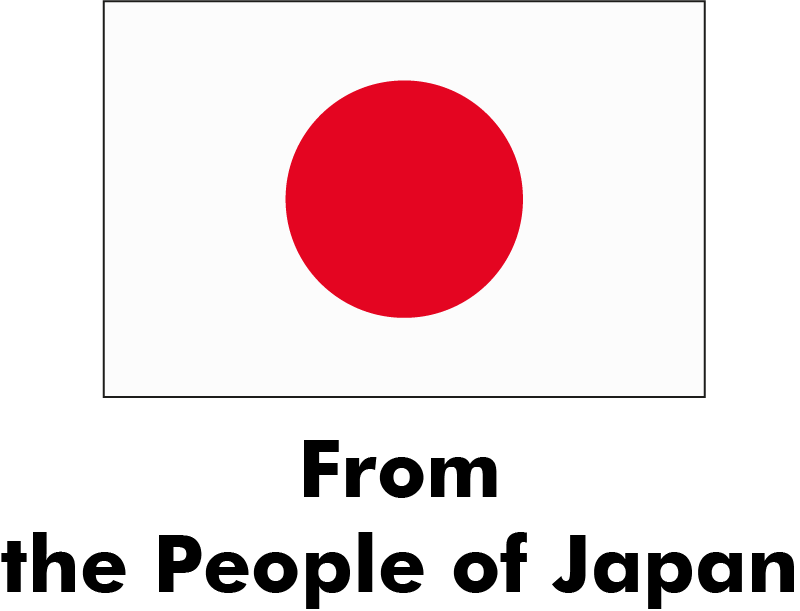 20 June 2024, Hiroshima, Japan – UNITAR Division of Prosperity welcomed 917 professionals from Asia and Pacific Island Countries to join the inaugural webinar of Leaders for a Free and Open Indo-Pacific: Sea and Human Security on 20 June 2024. The programme aims to provide government officials and activists in Pacific Small Island and Asian countries with skills, knowledge, and capacity to enhance and stabilize climate, economic stability, food security, and maritime security. Another fundamental purpose of the programme is to establish a network and collaboration mechanisms among fellow leaders from Asia and the Pacific.
20 June 2024, Hiroshima, Japan – UNITAR Division of Prosperity welcomed 917 professionals from Asia and Pacific Island Countries to join the inaugural webinar of Leaders for a Free and Open Indo-Pacific: Sea and Human Security on 20 June 2024. The programme aims to provide government officials and activists in Pacific Small Island and Asian countries with skills, knowledge, and capacity to enhance and stabilize climate, economic stability, food security, and maritime security. Another fundamental purpose of the programme is to establish a network and collaboration mechanisms among fellow leaders from Asia and the Pacific.
The webinar started with a welcome speech from Chisa Mikami, Head of the UNITAR Office in Hiroshima, followed by warm greetings and introductions from UNITAR staff members. Following the introductory session, training staff from UNITAR provided a walk-through of the training programme structure, assignments, evaluation criteria, and online learning tools. Experts in sea and human security gave lectures on marine security and guided project planning and development after the orientation. At the end of the session, UNITAR gave the floor to the participants to share their questions and concerns, during which participants engaged in the conversation with an impressive level of enthusiasm.
The second webinar has been scheduled for 11 July. Before the second gathering, the participants are required to enrol in self-paced online learning through EdApp and are encouraged to join an online community called Prosperity Unlimited.
“LEADERS FOR A FREE AND OPEN INDO-PACIFIE: SEA AND HUMAN SECURITY” TRAINING PROGRAMME
“Leaders for a Free and Open Indo-Pacific: Sea and Human Security” runs from June 2024 to February 2025 and is divided into three phases.
- Phase I (June to August 2024): 917 professionals from public and private sectors enrol in a self-paced online course to familiarize themselves with sea and human security topics. This phase also encompasses webinars where participants can interact with and receive lectures from sea and human security experts.
- Phase II (September and October 2024): 160 selected participants will be invited to a regional in-person workshop in Fiji (Pacific cohort) and Indonesia (Asian cohort). In this phase, participants will receive coaching support to refine their project proposal.
- Phase III (February 2025): 50 top performers from Phase II will be invited to an in-person workshop in Japan, consisting of study tours, lectures and discussions with Japanese institutions, private companies, and entrepreneurs. The top six performers and projects will be selected as “UNITAR Shimanami Masterminds 2024” and invited to make final pitches at the conference.
The programme is free of charge thanks to the generous support from the Government and the People of Japan. This programme is part of UNITAR’s new initiative, “Shimanami Collective: Capacity Building for Asian and Pacific Island Countries”, which will be a series of training programmes to build resilience against disasters and to enhance sea and human security.
.......................................................................................
ABOUT UNITAR
The United Nations Institute for Training and Research (UNITAR) is a dedicated training arm of the United Nations. In 2022, UNITAR trained over 395,000 learners around the world to support their actions for a better future. UNITAR has a global presence, with offices in Geneva, Hiroshima, New York and Bonn and networks around the world.
UNITAR Division for Prosperity offers world-class learning and knowledge-sharing services to present and future change-makers from around the world. Through our innovative training and learning opportunities – built on robust adult learning principles – we seek to promote sustainable, inclusive and just economic development and catalyse the creation of decent employment opportunities for all.
UNITAR Division for Prosperity supports youth and women in particular to address growing inequalities. We work in solidarity with diverse partners at the local, regional and global levels to propel the 2030 Agenda and Sustainable Development Goals and achieve an inclusive, sustainable and prosperous world.
